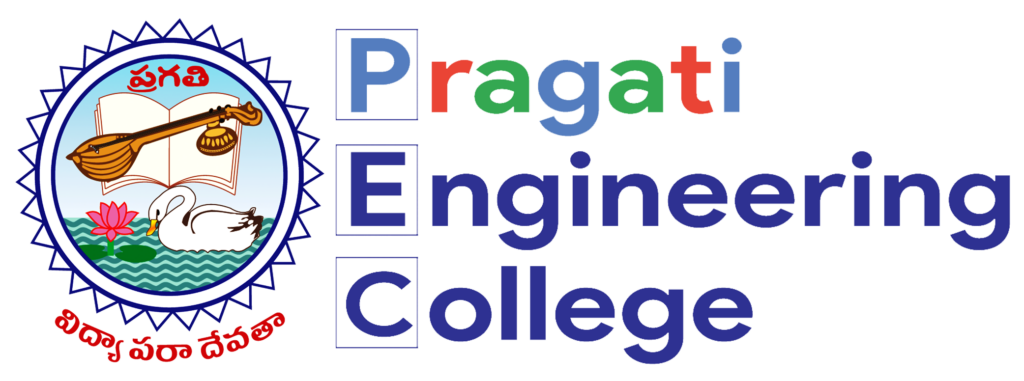MECHANICAL ENGINEERING
- About-ME-Department
- Vision & Mission
- Under Graduate Programmes
- Post Graduate Programmes
- Infrastructure
- Board of Studies
- Staff
- Academic Information
- Department Committees
- Professional Societies & Activities
- Student Association Activities
- Faculty Achievements
- Student Achievements
- Research, Development & Consultancy
- Internships & Industrial Training
- Academic Toppers
- Innovation in Teaching & Learning
- Digital Library
- News Letters / Tech Magazine
- Placements, Higher Studies & Entrepreneurship
- Distinguished Alumni
- Gallery
B.Tech in Mechanical Engineering with an intake of 60
Program Educational Objectives (PEOs)
Mechanical Engineering is a broad discipline that incorporates skills and expertise in the areas which are essential to most sectors of industry.
Graduates in Mechanical Engineering will have ability to
PEO1: Apply technical knowledge in the domain of core engineering and allied disciplines contributing to society through interdisciplinary expertise.
PEO2: Strengthen technical competence by enhancing their self-learning capacity throughout their professional career as well as to pursue higher education.
PEO3: Explore their artistry in emerging areas of engineering flourishing their leadership qualities pertaining to ethical innovation with social responsibility.
Program Outcomes (POs)
- Engineering Knowledge:Apply the knowledge of mathematics, science, engineering fundamentals, and an engineering specialization to the solution of complex engineering problems.
- Problem Analysis:Identify, formulate, review research literature, and analyze complex engineering problems reaching substantiated conclusions using first principles of mathematics, natural sciences, and engineering sciences.
- Design/Development of Solutions:Design solutions for complex engineering problems and design system components or processes that meet the specified needs with appropriate consideration for the public health and safety, and the cultural, societal, and environmental considerations.
- Conduct Investigations of Complex Problems:Use research-based knowledge and research methods including design of experiments, analysis and interpretation of data, and synthesis of the information to provide valid conclusions.
- Modern Tool Usage:Create, select, and apply appropriate techniques, resources, and modern engineering and IT tools including prediction and modeling to complex engineering activities with an understanding of the limitations.
- The Engineer and Society:Apply reasoning informed by the contextual knowledge to assess societal, health, safety, legal and cultural issues and the consequent responsibilities relevant to the professional engineering practice.
- Environment and Sustainability: Understand the impact of the professional engineering solutions in societal and environmental contexts, and demonstrate the knowledge of, and need for sustainable development.
- Ethics:Apply ethical principles and commit to professional ethics and responsibilities and norms of the engineering practice.
- Individual and Team Work: Function effectively as an individual, and as a member or leader in diverse teams, and in multidisciplinary settings.
- Communication: Communicate effectively on complex engineering activities with the engineering community and with society at large, such as, being able to comprehend and write effective reports and design documentation, make effective presentations, and give and receive clear instructions.
- Project Management and Finance:Demonstrate knowledge and understanding of the engineering and management principles and apply these to one’s own work, as a member and leader in a team, to manage projects and in multidisciplinary environments.
- Life-long Learning:Recognize the need for, and have the preparation and ability to engage in independent and life-long learning in the broadest context of technological change.
Program Specific Outcomes (PSOs)
PSO1: To solve engineering problems through delineation and perusal relating to mechanical systems and other allied engineering streams with / without advanced software tools.
PSO2: To work solitary / array in developing core and multidisciplinary concepts for effective utilization of resources ensuring the best practices in the relevant.
